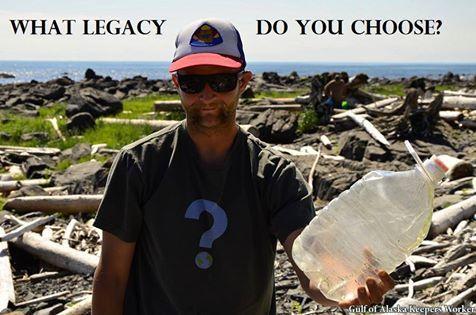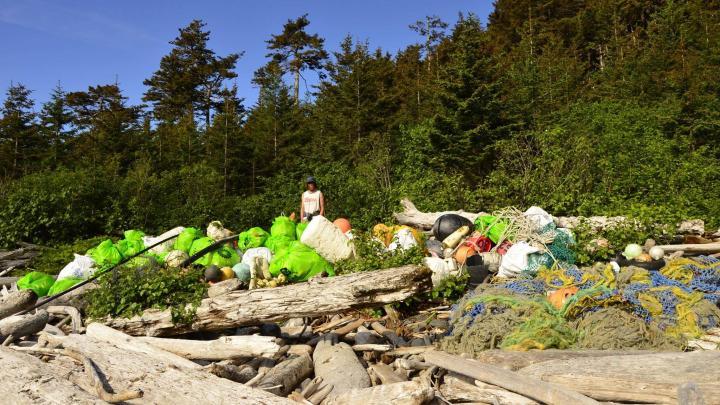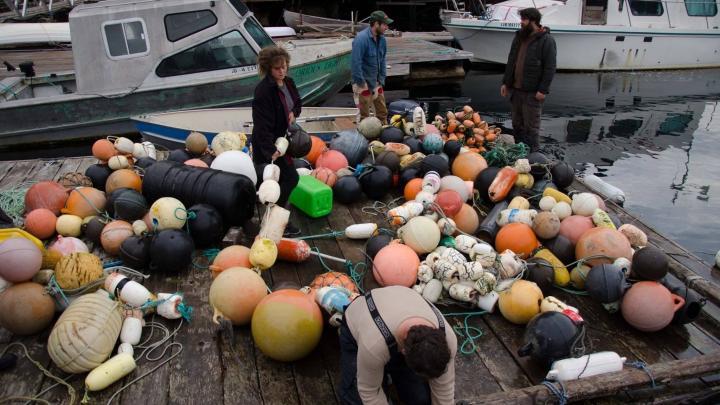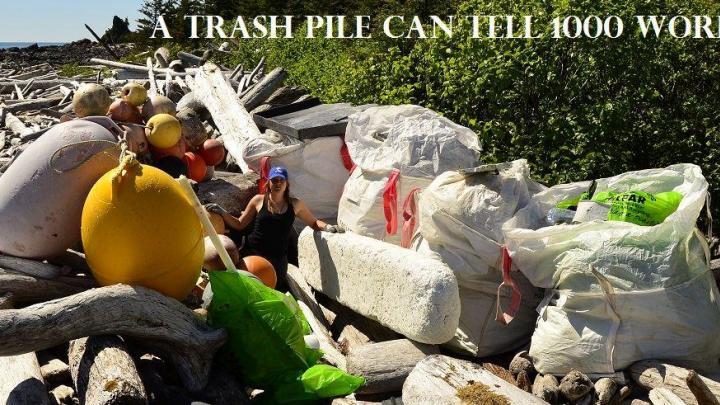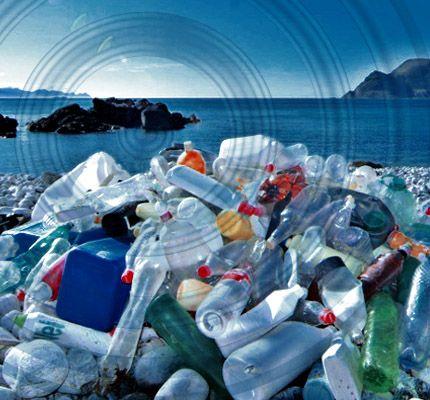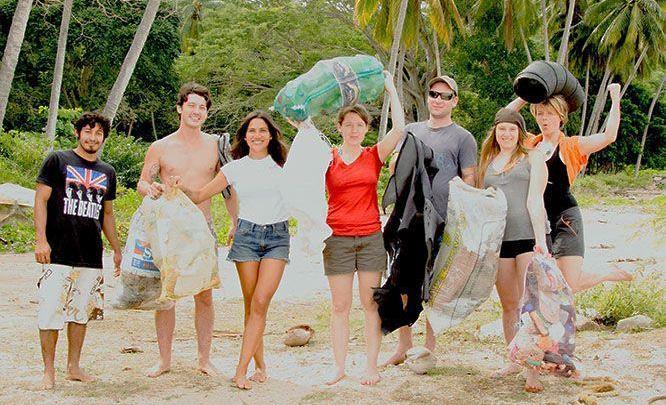Upcoming Expedition to Sechelt, BC!
We are taking a small crew of people to Sechelt, BC to collect, record and map marine debris on October 11th, 2014. Be a part of the action, apply by contacting us today! The picture below was trash collected this week while scouting out the shorelines of Sechelt, BC. In less then 40 minutes of…

